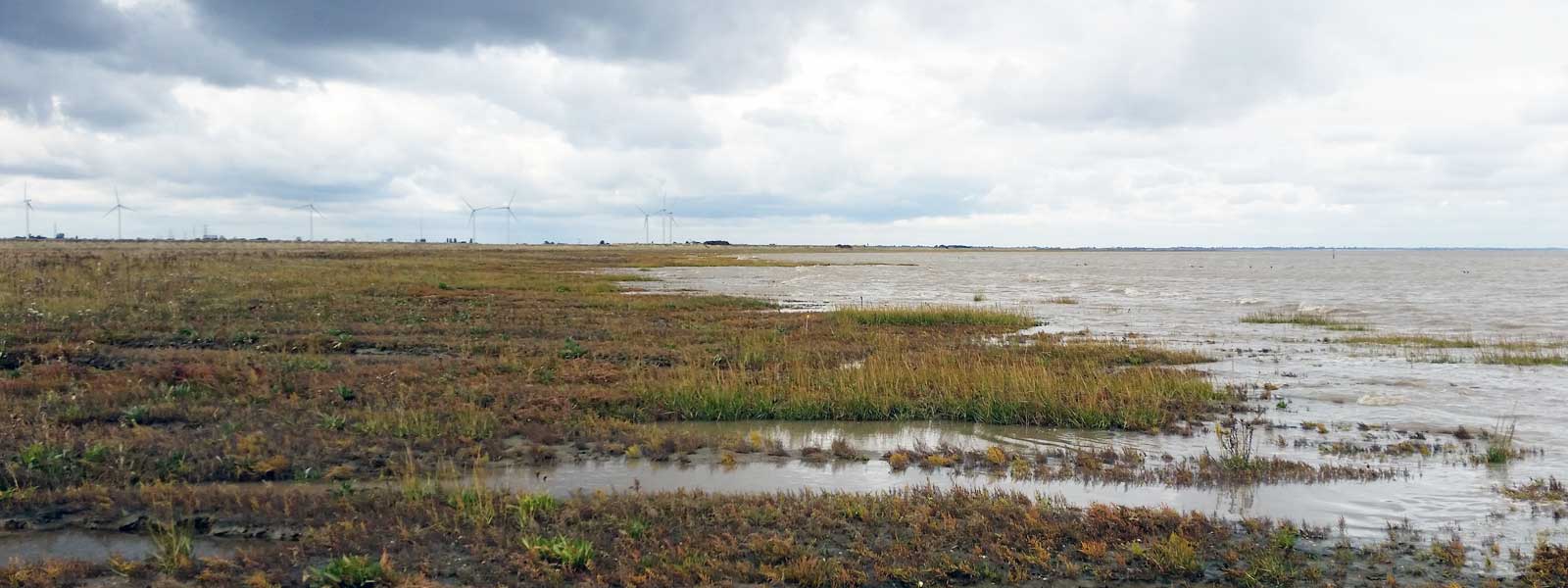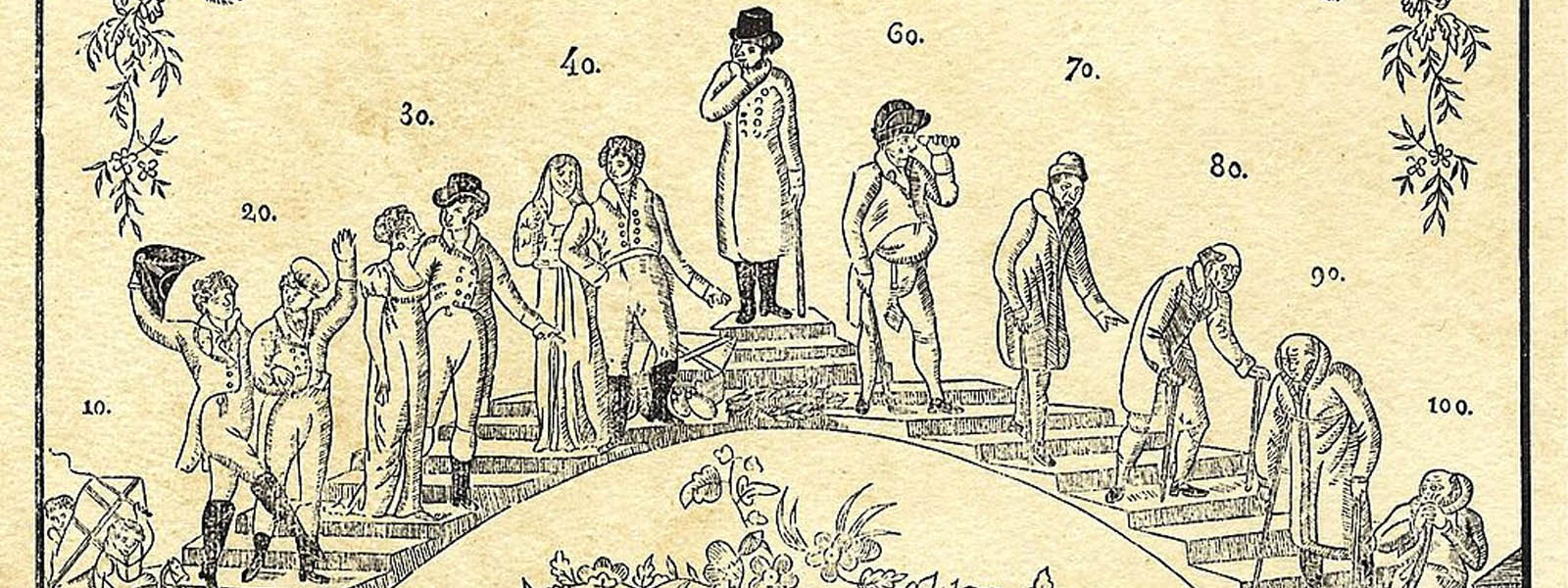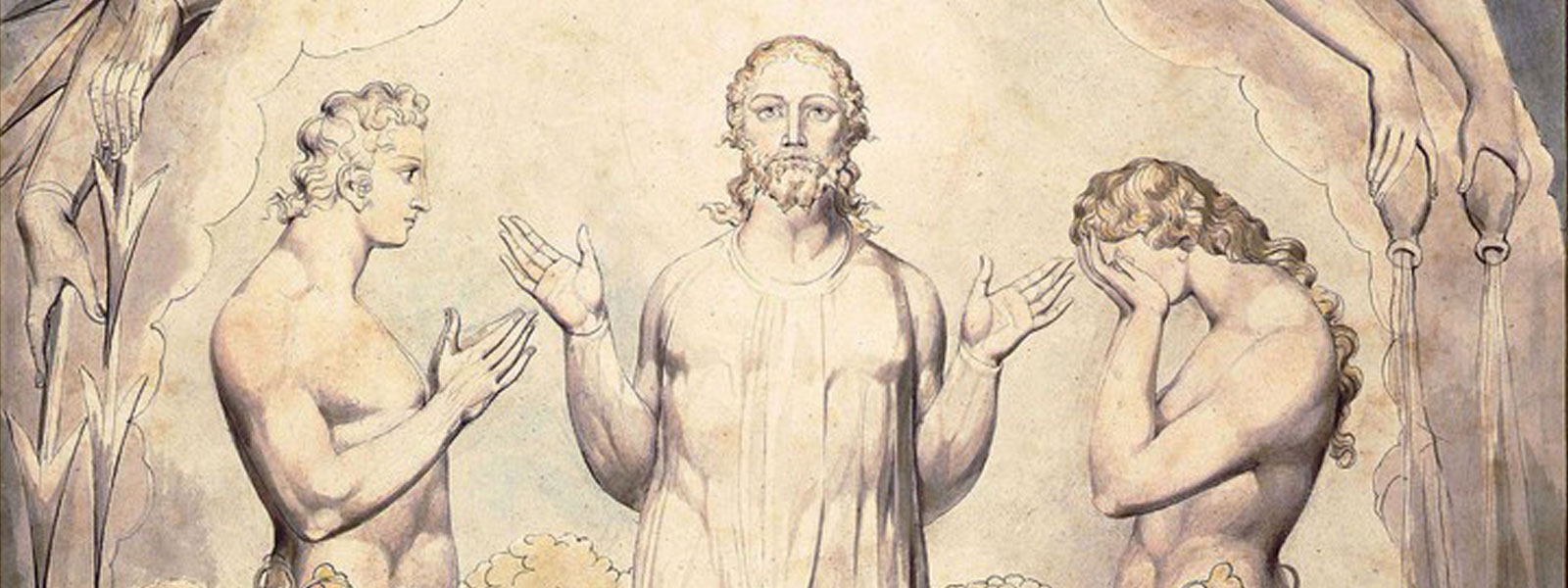Our Research
Creative Writing at the University of Lincoln is considered a centre of excellence, with a strong tradition of student-focused, innovative, and emancipatory pedagogies, as well as a broad research portfolio, which often defines, redefines, and/or extends the boundaries of contemporary writing and poetics. In REF 2021, 78% of research in English and Creative Writing at Lincoln was judged to be of world leading or internationally excellent quality. Creative Writing staff publish widely in many forms and genres, including poetry, short stories, novels, scripts, essays, and hybrid forms. It is important to note that each creative publication, whether that is a novel, a collection of poems, a script, a collection of essays, a literary translation, etc., constitutes a complex research project informed and led by critical research, scholarly investigations, and artistic explorations.
Specific research strengths include poetics, translingualism, contemporary world poetry, dystopian fiction, conceptual literature, literary translation studies, science-fiction and fantasy writing, drama and dramaturgy, literary management, The Finborough Theatre, London fringe theatre, The Royal Court, music writing, and writing for children and young adults.
Funding and Projects
Creative Writing colleagues have been funded by the British Academy, AHRC, Arts Council England, Pro Helvetia (Swiss Arts Council), John Hodgson Theatre Research Trust, MGC Futures, Broadcasting Authority of Ireland, Peggy Ramsay Foundation, as well as benefited from a number of residencies, fellowships, and visiting professorships, including the University of Turin (Italy), Translation House Looren (Switzerland), Hawthornden Castle, and the Heinrich Böll Cottage, to mention only a few.
Colleagues also publish The Lincoln Review, an international literary journal, and contribute to a number of humanitarian projects, including the Rwanda refugee Poetry Project and the International Poetry Refugee Project Network.
Creative Writing staff are also members and contributors to the Arts and Humanities for Health (AHH) cluster; the Practice Research Arts Cluster (PRAC); and Contemporary Arts, Media, and Culture (CAMC).

/prod01/university-of-lincoln-cdn-pxl/media/responsive2017/research/newresearch/Creative-arts-1600X600.jpg )




